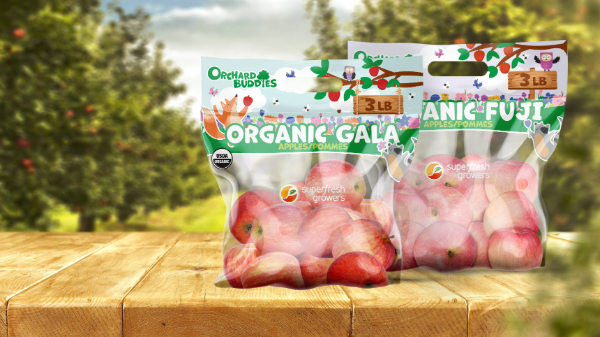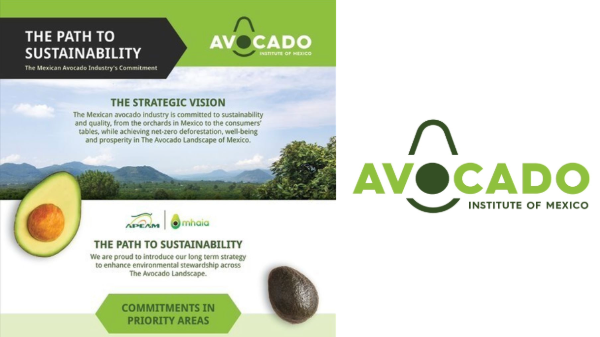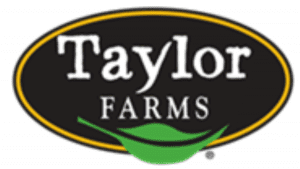Welcome to Blue Book!
Are you ready to join the thousands of companies who rely on Blue Book to drive smarter decisions? View our plans and get started today!
Still have questions? We’d love to show you what Blue Book can do for you. Drop us a line– we’ve been waiting for you.

California’s leading universities offer world-class academic programs in agriculture. These evolving programs not only reflect the challenges and opportunities of the greater food industry, but are shaping the strategies and perspectives of graduates who may pursue careers in fresh produce. As the range of higher education programs proliferates, students can choose among myriad majors and concentrations, each with highly specialized, complex, and rigorous coursework.
We spoke with a few subject matter experts at three California universities, which many would consider the backbone of the Golden State’s agricultural education system. These faculty members and administrators provided insight into the strengths and emphases of their respective programs and discussed how the academic landscape in ag studies is changing.
University of California, Davis
The College of Agricultural and Environmental Sciences at the University of California, Davis (UC Davis), widely recognized as the world’s premier college of agriculture and forestry, offers a wide range of academic programs in horticultural fields.
Students pursuing careers in produce may be especially interested in plant sciences, viticulture (the study of grapes) and/or enology (the science of wine and winemaking), food science and technology, nutrition, and agricultural economics. Extensive cooperation between the university and the industry keeps both the research and curriculum timely and relevant, and helps connect students with a wealth of career opportunities.
Dr. Roberta Cook, a Cooperative Extension specialist from UC Davis’ Department of Agricultural and Resource Economics, says many of today’s students have a passionate interest in sustainability. “Students who are into math and science topics as they pertain to food and agriculture tend to be really engaged with environmental and sustainability issues.”
Interest in sustainable growing, integrated pest management, organics, and socially responsible labor management has drawn students to the College of Agriculture and begun to shape its courses, including a Sustainable Agriculture and Food Systems major. Current interest in sustainability is so diverse, Cook says it is impossible to “encapsulate it into any particular program.”
However, Cook notes some difficulty in attracting students to fields like plant sciences and entomology in recent years, as many students with strong science, technology, engineering, and mathematics (STEM) backgrounds are often drawn to software development and related careers rather than agriculture.








